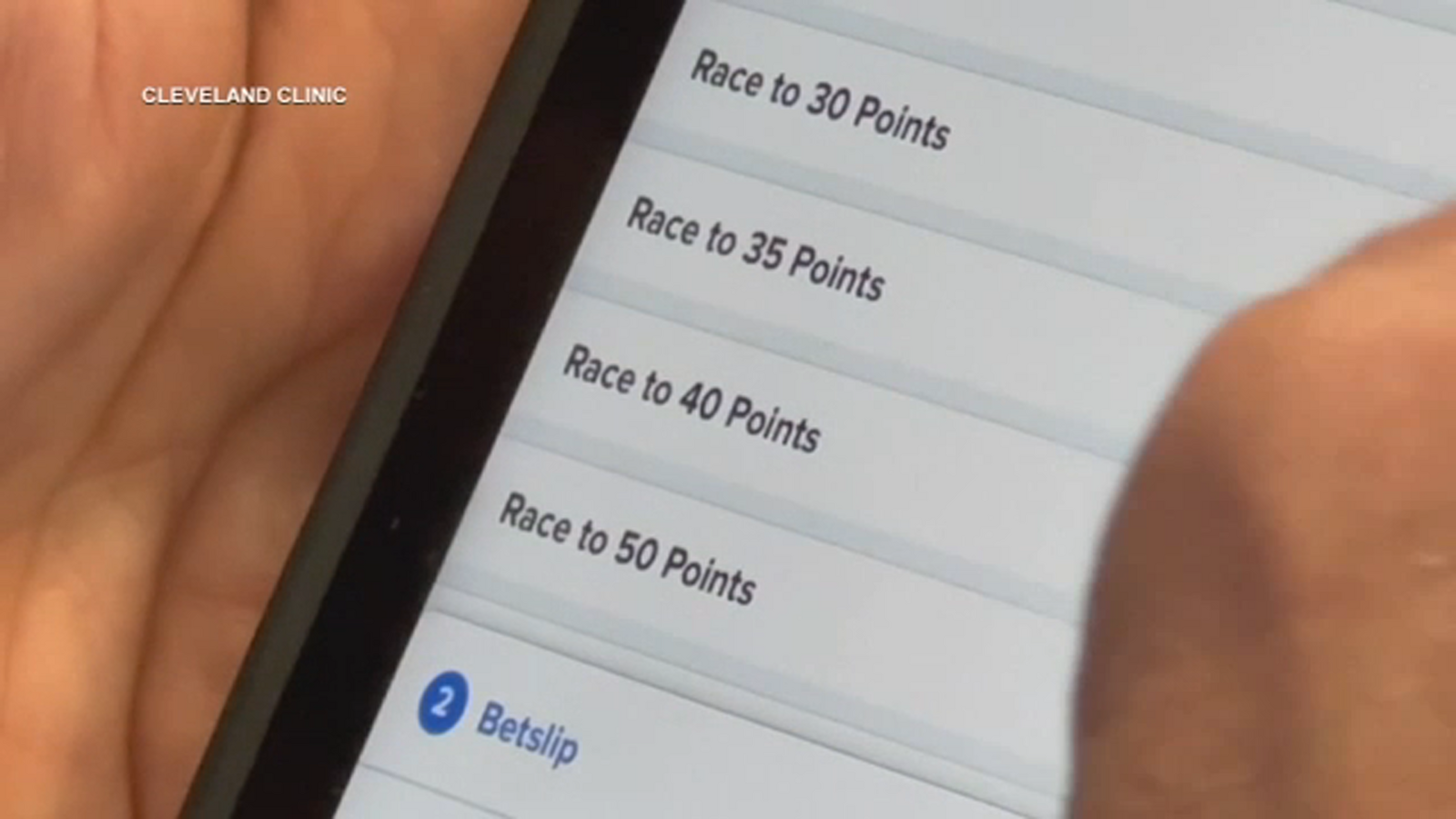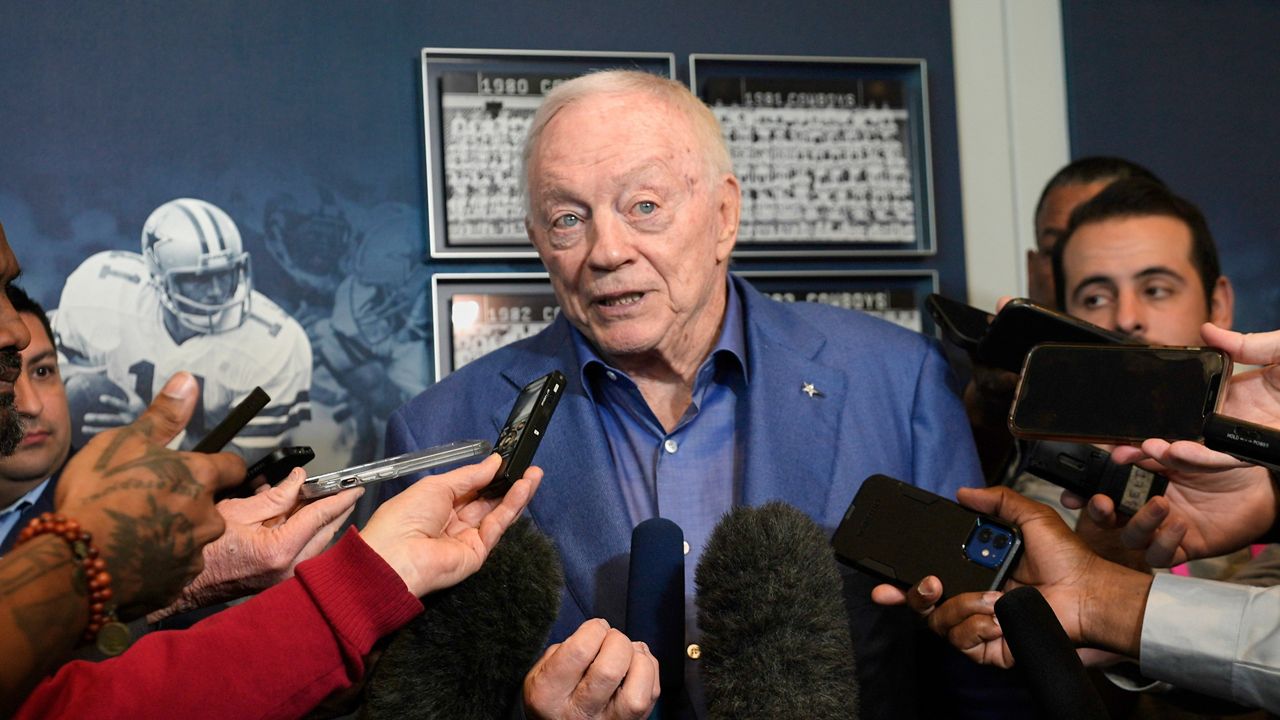The Dark Side of the Bet: Unmasking the Hidden Risks of Sports Gambling
Sports
2025-03-21 00:07:31Content

The Thrill and Risk of Betting: Navigating the Fine Line Between Excitement and Caution
Gambling can be an exhilarating experience that offers a rush of adrenaline and the tantalizing possibility of winning big. However, even the smallest wager carries the potential to transform excitement into disappointment. While the allure of betting can be magnetic, it's crucial to approach such activities with mindfulness and self-awareness.
The initial spark of placing a bet can feel electrifying—a moment where possibility seems to dance on the edge of chance. Yet, beneath the surface of this momentary thrill lies a complex landscape of probabilities that can quickly shift from fortune to misfortune. What begins as an innocent, small bet can gradually erode one's financial stability and emotional well-being if not carefully managed.
Understanding the delicate balance between entertainment and risk is key. Responsible betting isn't about avoiding the experience entirely, but about maintaining control, setting clear limits, and recognizing when the excitement begins to outweigh rational decision-making. Remember, the house always has an advantage, and luck is a fickle companion that can change direction in an instant.
The Hidden Dangers of Gambling: When Luck Turns Against You
In the glittering world of chance and risk, gambling represents a complex psychological landscape that attracts millions worldwide. What begins as an innocent pursuit of excitement can quickly transform into a perilous journey of financial and emotional devastation, challenging individuals' resilience and decision-making capabilities.Unraveling the Seductive Trap of Betting: A High-Stakes Emotional Rollercoaster
The Psychological Mechanics of Gambling Addiction
Modern gambling isn't merely about placing bets; it's a sophisticated psychological mechanism that exploits human vulnerability. Neurological research reveals that gambling triggers identical brain reward circuits as substance addiction, creating a powerful neurochemical dependency. The intermittent reinforcement schedule—where wins are unpredictable—generates an intense dopamine rush that keeps individuals perpetually chasing the next potential victory. Neuropsychologists have extensively documented how gambling addiction develops through complex cognitive distortions. Individuals develop irrational beliefs about their chances of winning, systematically overestimating their potential success while minimizing potential losses. This cognitive bias creates a dangerous feedback loop where each subsequent bet feels like an opportunity for redemption.Economic Consequences of Compulsive Betting
The financial ramifications of uncontrolled gambling extend far beyond individual experiences, creating ripple effects across familial and societal structures. Statistical analyses demonstrate that problem gamblers often experience catastrophic economic collapse, with average debt levels ranging between $50,000 to $100,000. Personal bankruptcies frequently stem from gambling-related financial mismanagement. Relationships disintegrate under the immense psychological and economic strain, with divorce rates significantly higher among individuals struggling with gambling disorders. The economic toll encompasses not just personal finances but broader social welfare systems that must address rehabilitation and support mechanisms.Technological Amplification of Gambling Risks
Digital platforms have dramatically transformed gambling's accessibility, creating unprecedented exposure to potential addiction. Mobile applications and online betting sites operate 24/7, eliminating traditional barriers and providing instantaneous gambling opportunities. Advanced algorithms and personalized marketing strategies specifically target vulnerable demographics, utilizing sophisticated psychological profiling techniques. Machine learning models analyze user behavior, crafting hyper-personalized experiences that maximize engagement and minimize rational decision-making capabilities.Neurological and Psychological Recovery Strategies
Overcoming gambling addiction requires comprehensive, multidisciplinary interventions addressing underlying psychological mechanisms. Cognitive-behavioral therapy emerges as a primary treatment modality, helping individuals reconstruct thought patterns and develop healthier coping strategies. Neuroplasticity research suggests that targeted therapeutic interventions can effectively rewire neural pathways, gradually diminishing compulsive gambling behaviors. Support groups like Gamblers Anonymous provide critical community-based resources, offering peer support and structured recovery frameworks.Societal and Regulatory Perspectives
Governmental and regulatory bodies increasingly recognize gambling's complex societal implications. Emerging legislative frameworks aim to implement stricter consumer protections, including mandatory cooling-off periods, transparent odds disclosure, and comprehensive addiction screening mechanisms. International collaborations are developing more nuanced approaches to gambling regulation, balancing individual freedoms with robust public health considerations. These evolving strategies represent a sophisticated understanding of gambling's multifaceted psychological and economic dimensions.RELATED NEWS
Sports

Dallas Cowboys Shake Up Salary Cap: Prescott and Lamb Contracts Reimagined
2025-03-06 00:48:00







